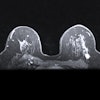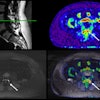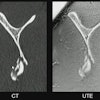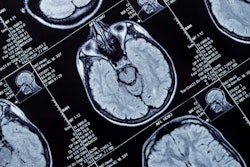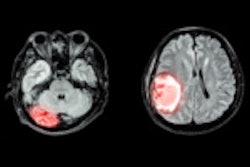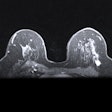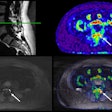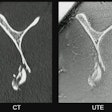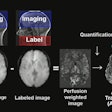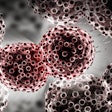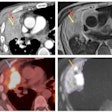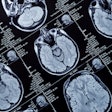SINGAPORE - MR spectroscopic imaging (MRSI) shows the effects of antiretroviral therapy (ART) on the brains of HIV-positive individuals, according to research presented at the International Society of Magnetic Resonance in Medicine (ISMRM) meeting.
A team led by Teddy Salan, PhD, of the University of Miami in Florida found that a "whole-brain MRSI approach … showed that metabolite changes in untreated people with HIV may not directly normalize after starting ART" -- which suggests a "need for continued monitoring of their brain health of people with HIV even after starting ART," the group wrote.
Chronic HIV infection has been linked to brain metabolite imbalance, particularly higher choline and myo-inositol (evidence of inflammation and glial activation) and lower N-acetyl aspartate values (evidence of decreased neuronal viability). But few studies have tried to quantify changes in these metabolites in people with HIV before and after initiating antiretroviral therapy (ART) -- or to map these changes at the whole-brain level, Salan's group noted.
To bridge the knowledge gap, Salan and colleagues conducted a study that used MR spectroscopic imaging (MRSI) to assess HIV treatment-related changes in metabolites in 19 individuals with untreated HIV; 19 age-matched healthy controls were also included in the research. All HIV-positive patients started ART at baseline MRI and underwent a second MR exam after treatment was completed (three years on average). The group processed the MRSI data using the Metabolite Imaging and Data Analysis System (MIDAS) software, comparing metabolite levels between the control group, the HIV-positive but not yet treated group and between the HIV-positive and treated group.
Overall, the investigators found that neuroinflammation persisted in people with HIV even after ART, although the therapy was effective in suppressing the virus. The study results show that "brain metabolic abnormalities in people with HIV will take time to return to levels comparable to healthy controls after [ART is initiated]," Salan and colleagues concluded.
